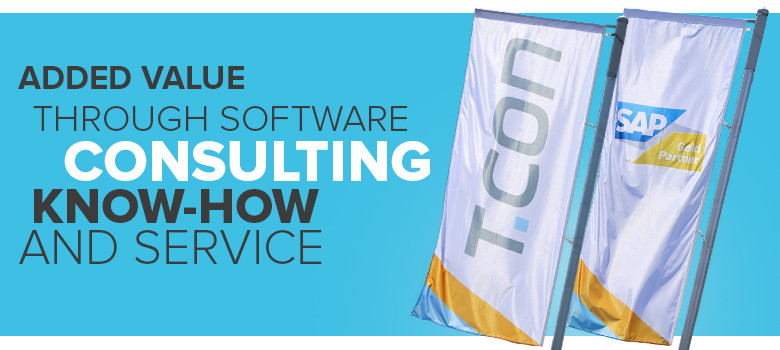Let's get in touch.
Ernesto Flores, Headquarters Plattling
Contact
Manufacturers of plastic packaging face many challenges, even though business overall is going well and orders are up in many companies.
Manufactures of plastic packaging continue to report worsening supply bottlenecks for various raw materials. Many state that their production and thus their ability to deliver is already limited due to supply shortages. The increasing number of Force Majeure notifications by raw material suppliers in Germany and Europe, mostly declared at very short notice, further aggravate the situation.
In addition, dramatic price jumps are weighing on the industry. This applies in particular to the raw materials PP, HDPE, LDPE and PA.
Further recent developments have significantly shaken the market, such as highly volatile raw-materials prices, dramatic shifts in consumer channels, as well as new or heightened hygiene and consumer-safety concerns. The recently lifted single-use packaging ban and increasing stay-at-home orders have disrupted several end markets such as hospitality and restaurants.
Another challenge is the adoption of alternative materials as direct replacements without actually changing its packaging features. Paper is an essential packaging material for applications like bags, secondary packaging for protective purposes, and short time applications. But demand is rising for alternatives to fossil based synthetics.
Consumers increasingly demand packaging that assures highest hygienic standards. Production practices that have been implemented in highly regulated industries, such as the pharmaceutical industry, are therefore becoming the norm for other areas of the packaging industry as well. IT-based solutions ensure product quality, enable traceability and provide documentation.
In addition, cost pressure in the packaging industry is expected to increase across regions as customers decrease their packaging budgets. As a result, to keep their plants cost competitive, packaging converters must further assess and take advantage of cost-reduction opportunities.
In packaging all parts of the value chain are becoming more digitized, to increase efficiency, to save costs, to reduce waste and to minimize supply-chain and production risk. Automation and remote support drive productivity and result in greater resilience.
In addition to SAP standard software solutions which support a wider range of processes along the value chain T.CON offers specialized products tailored for the needs of packaging production. As a manufacturing execution system fully integrated into SAP, MES CAT makes it possible to seamlessly interlink production-related systems in globally distributed production plants and with the central SAP ERP. Each production step is assigned to a value-added step. This enables plastic producing companies to identify and eliminate restrictions and delays in the production process. A trim optimization solution like T.CONs TRIM SUITE helps to reduce waste and to improve planning processes.
With real-time reporting and analytics, customers will aim to track supply chains far more closely than before, perhaps shifting from annual or quarterly to weekly monitoring. Increased transparency is not only a matter of cost efficiency, but also a way to help build a more resilient production.
Consumers increasingly demand hygiene-assured items – which drives the need for quality control all along the production process and for documentation and traceability. MES CAT helps companies to create robust quality assurance processes, supporting continuous quality control. Quality inspections can be triggered on an event basis and production data can be linked to quality data. Deviations in quality are traced back to changes in production parameters. The entire manufacturing process of a product can be analyzed along the logistics chain. For each production step, it is possible to trace when and at which workstation it was carried out and the input materials that were used. As a result manufacturers achieve full traceability of every batch produced.